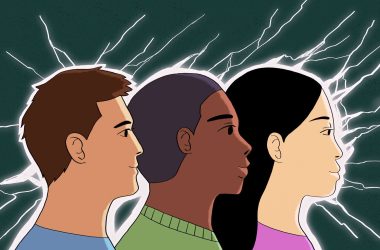Rising Flame, a nonprofit organisation work based in India, working for recognition, protection, and promotion of human rights of People with Disabilities, has published a joint report in collaboration with Sightsavers, an international organisation working with partners in more than 30 countries to eliminate avoidable blindness and fight for the rights and needs of people with disability.
The report was launched on July 14, 2020, in the presence of Deputy Country Representative, UNWOMEN, Disabled people’s organisations, women’s rights organisations, civil society actors and press.
Neglected and Forgotten: Women with Disabilities During the COVID Crisis in India Report Launch Event
The report is titled ‘Neglected and Forgotten: Women with Disabilities During the COVID Crisis in India’ and “aims to amplify voices and narratives of women with disabilities in an effort to ensure that they are not left behind in policy, systemic and societal responses in the current times.”
The research was led by disabled people themselves, namely Nidhi Goyal (Founder and Executive Director, Rising Flame), Srinidhi Raghavan (Senior programs consultant, Rising Flame) and Ketan Kothari (Advocacy manager, Sightsavers). For the purpose of the research, the team carried out online and telephonic research consultations in May 2020. The research saw participation from 82 women with disabilities and 12 experts across 19 states of India, along with nine self-identified disability groups.
Executive summary of the research, as presented in the report
The study is divided into access, food and essentials, social protection, health, hygiene and sanitation, education, employment and livelihood, domestic violence and emotional well-being. It “explores the ongoing barriers experienced by women across disabilities and makes recommendations to build back a better and more inclusive world.”
The key recommendations of the report “cover immediate needs, recommendations over the thematic areas, and also towards a disability and gender-inclusive disaster management policy. Overall, women across disabilities, including those from underrepresented groups such as Deaf women, deafblind women, women with intellectual and psychosocial disabilities, across age groups, those living in remote and rural areas as well as those experiencing multiple or intersectional discrimination must be included in leadership and decision-making capacities, in policy, planning and execution of COVID-19 responses.”
We congratulate and commend the efforts of both the teams for this insightful and important research. And we hope that the recommendations will be considered by the stakeholders.


